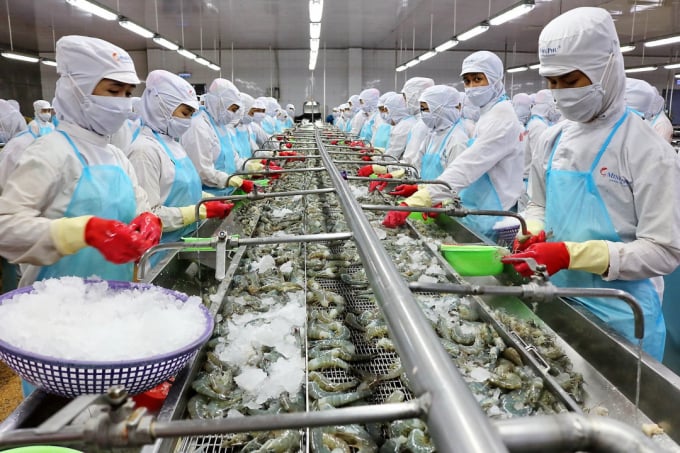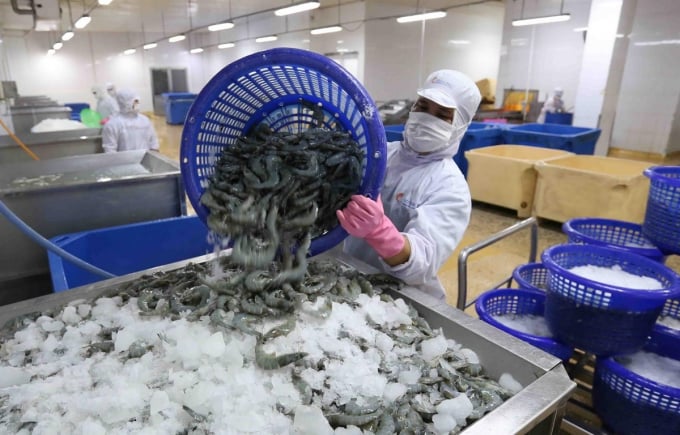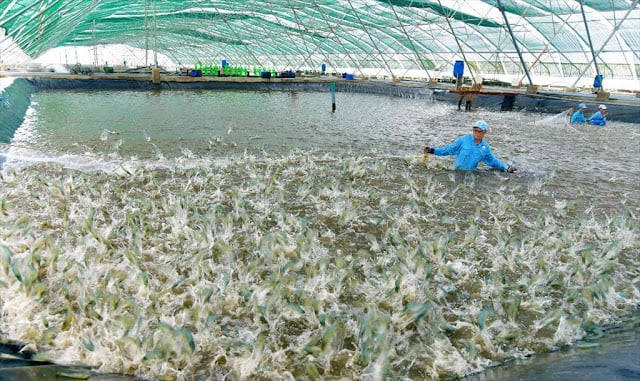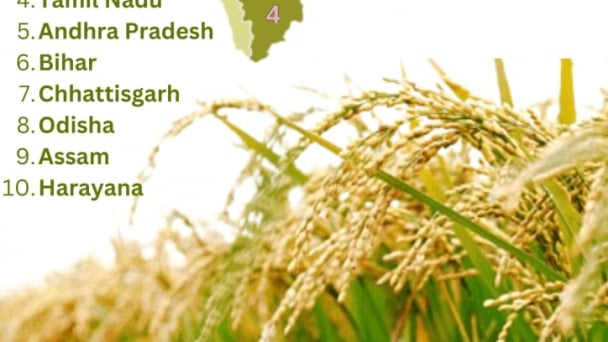June 21, 2025 | 03:08 GMT +7
June 21, 2025 | 03:08 GMT +7
Hotline: 0913.378.918
June 21, 2025 | 03:08 GMT +7
Hotline: 0913.378.918
According to the assessment of Mr. Ho Quoc Luc, Chairman of the Board of Directors of Sao Ta Foods JSC, although the supply of shrimp to the world market has decreased, losing customers or the market is not a major concern as our competitors are also having a hard time.

Mr. Ho Quoc Luc, Chairman of the Board of Directors of Sao Ta Foods JSC. Photo: TL.
According to the Directorate of Fisheries, nearly 120 out of 449 seafood processing factories have stopped operating over the past time, the remaining factories can only operate at approximately 30 - 40% of their capacity while implementing "3 on the spot”. Do you think this year's shrimp exports can achieve the set targets?
The world's shrimp powerhouses such as India, Indonesia, etc. have also been ravaged by Covid-19 at the moment. The shrimp supply chains of these countries were more or less broken, causing a decrease in shrimp supply in the world market.
In this period, shrimp products are easy to consume, however, taking advantage of this opportunity will prove to be difficult for the shrimp industry in our country.
As a matter of fact, excluding many shrimp and fish businesses which had to close for objective or subjective reasons (due to the Covid-19 epidemic), even businesses that are still maintaining operation also have their production scale narrowed. It’s because when operating under the "3 on the spot" method, enterprises can only secure 40% of the workforce at most compared to normal.
Even so, according to statistics of VASEP, the bright spot of the shrimp industry is that through the first eight months of the year, Vietnam's shrimp export turnover still experienced a growth rate of above 6% in comparison to last year.
In this context, despite having a decrease in the supply of shrimp to the world market, we don’t have to be troubled by the fear of losing markets or customers since our competitors are also having a hard time, even worse than us.

Mr. Ho Quoc Luc believes that the shrimp industry can still have opportunities in the remaining months of 2021 if businesses are well prepared to restore production in the near future. Photo: LHV.
Recently, shrimp prices have dropped so that farmers in many places are not interested in stocking new crops. Is there a risk of raw material shortage for processing in the coming months, sir?
Currently, farmers’ biggest struggle is to get access to resources to continue stocking. Difficulty in moving, fluctuation in prices have discouraged farmers, even harboring negative thoughts when stocking in the next crop. According to the current survey, seed suppliers have to offer sales up to 50% to attract buyers, which proves that the demand for seeds is very low.
In the coming period, if the disease situation is controlled, farmers will conduct a new shrimp crop, which can be considered an " unorthodox" crop. Shrimp farming ponds might stumble on certain risks, but since farmer’s cultivating techniques have been improved, this matter is out of concern.
On the businesses’ part, based on farmers’ actual production situation, it is estimated that there will be a shortage of raw material supply in the fourth quarter. However, we must come to an understanding that raw materials supply is not completely broken, it is just a “decrease”. Most big shrimp enterprises have a reserve shrimp source from the peak months of May to July.

In addition to ensuring the supply of raw materials, maintaining the return of the active workforce will soon require policies for resolution. Photo: TL.
Labor shortage is a big problem that many seafood processing enterprises have to face recently. What calculations does your company have in mind to remobilize the workforce, ensure production and processing in the near future, especially when the Covid-19 epidemic is under control and operation will return to normal?
Considering the workforce, it is clear that everyone needs a job to attain a stable income. Therefore, when the epidemic in localities is under control, it won’t be difficult for businesses in the Mekong Delta to re-engage workers, ensuring business operations return to normal quickly.
However, the issue that requires attention from businesses is to develop a health control plan, as the disease still poses certain risks.
Businesses need to base on the specific situation to decide whether to put a massive amount of workers back to work or choose the "rolling" method, step by step putting them back to work within their capacity.

Farmers will conduct an "unorthodox" shrimp crop if the disease is under control in the near future to ensure the supply of raw materials for factories. Photo: TL.
Many businesses in the agricultural industry believe that it is necessary to have policies to create conditions to resume operations after the epidemic, such as debt freezing, debt rescheduling, loan interest rate reduction, etc. What are the necessary policies of the state to support businesses in the coming time?
In my opinion, in order for businesses to return to normal production, a vaccine policy is of first priority. Only safety can guarantee production.
Accordingly, the government needs to soon have the policy to ensure that a sufficient supply of vaccines is provided to the workforce in factories (at least 1 injection), so that both workers and businesses can feel secure to produce.
Regarding policies to support businesses, the Government has recently issued Resolution 105/NQ-CP on September 9th on supporting businesses, cooperatives and business households in the context of the Covid-19 epidemic. Electricity bills for production have been discounted by 10% for three months, starting from September.
Still, businesses’ initiative is the key factor. Besides, with the company of the Government, ministries, branches and associations, the immediate difficulties for businesses may soon be resolved.
Thank you, sir!
Translated by Samuel Pham

(VAN) Last week, the U.S. Department of Agriculture (USDA) released its June World Agricultural Supply and Demand Estimates (WASDE), raising projections for both Indian rice production and U.S. rice imports for the 2025/2026 marketing year.
/2025/06/17/2344-1-131758_261.jpg)
(VAN) Amid tariff risks and growing trade barriers in the U.S. market, Australia is emerging as a promising destination to sustain the growth momentum of Vietnam's shrimp exports.
/2025/06/17/2013-1-nongnghiep-112009.jpg)
(VAN) This notable growth trend reflects the global taste for fresh, nutritious fruits and the expanding use of lychees across various sectors.

(VAN) The political and cultural insulation of Japan’s beloved grain is falling apart, and experts warn the country’s relationship with the staple will have to adapt.

(VAN) Noting risks, report examines impacts of avian influenza, changing trade patterns since 2022, fish fraud, and shipping industry’s net-zero goals.

(VAN) Mr. Tran Quang Bao, General Director of the Forestry and Forest Protection Department, met and worked with the International Wood Products Association to promote cooperation in the field of timber trade.

(VAN) China's outbound shipments of rare earths in May jumped 23% on the month to their highest in a year, though Beijing's export curbs on some of the critical minerals halted some overseas sales.